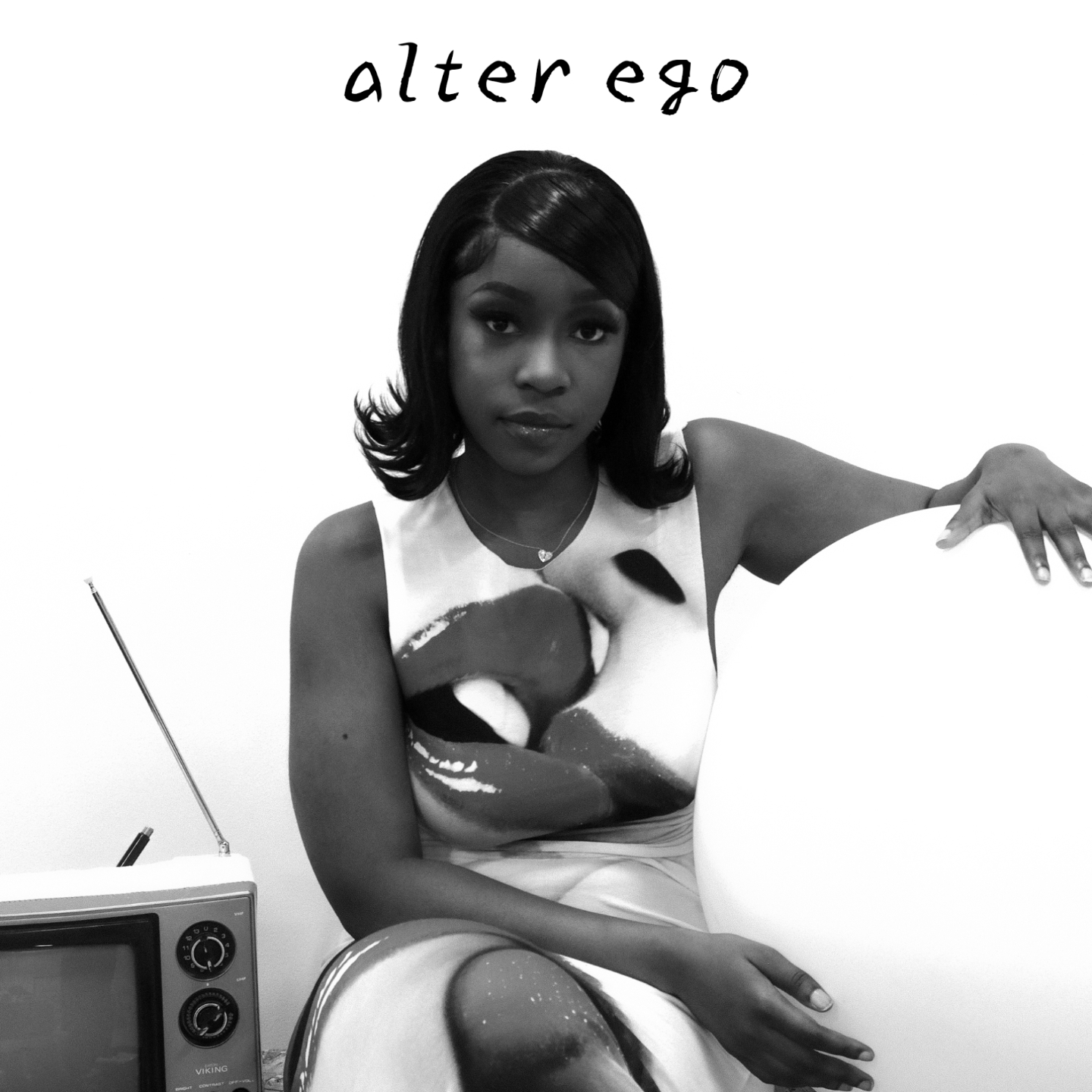
Essentials: Yimeeka Bares Her Soul on Debut EP, ‘Alter Ego’
ambient R&B qualities reveal her skills as a producer and musician

ambient R&B qualities reveal her skills as a producer and musician
Emotions are a difficult field to navigate, and music carries beautifully the density of that tension. In the realm of Afropop, women musicians have often relayed that sensitivity with all the confusion and angst the emotion possesses. It is against this backdrop Yimeeka bases her explorations on ‘Alter Ego,’ the singer’s debut project which combines a wise understanding of ambient R&B with her youthful zeal towards collaboration.
View this post on Instagram
Weeks before the EP’s release, a collaboration with Pheelz revealed the soulful tendencies of Yimeeka the producer and a new face on the scene. Solely featuring vocals from the uber-talented musician, “Smooth Criminal” delivered every bit on its title. Its laid-back rhythm was polished with ominous keys and vocoder-inflected bits, providing a mellow soundscape for Pheelz’s honest songwriting to shine through. What emerges is a bit of a cross between Wande Coal and Tay Iwar, but upon further listening the record shines with subtle originality.
Housed in ‘Alter Ego,’ the familiar number three track listing allows denser accounts of life and romance build on either side of it. In the earlier parts, one gets quickly used to the voice of D1wav who appears on “Alter Ego” and “Influential”. On the former he operates well within the Afropop tradition, inflecting his tales of struggle with an haughty awareness. The swag of its pre-hook is quite reminiscent of Mayorkun on “The Best,” but as an instrument, the vocals are very striking. “Influential” brings those qualities better into display, with tightly-written lyrics evoking familiar bad boy imagery. “Be like you wan dey doubt me, If I choose you, trust my scouting,” he references in football terms that would surely elicit a chuckle from viewers of the sport.
The project’s other half is immersed deeper into soul. “Here With You” is affectionately sung by Joyce Olong, in a style that calls up lovely memories while being appreciative of what’s in front of us. It’s a poignant centrepiece of the EP, kind of mirroring Yimeeka’s personal life and how she’s been involved in other commercial, more lucrative pursuits (including co-founding a start-up) and still chooses, right now, to be caught in the spiritual web of creating music. Even though Olong’s ruminations strike closer to the romantic, there’s a philosophic edge to her folkloric simplicity that unfurls fresh layers to the record.
A spoken word interlude from Yimeeka slows down the tension. Over sombre notes perfect for an Anglican church service, the multi-hypenate creative tells stories of her journey. An introverted nature is revealed from the existentialist direction of her questions, which deftly moves from her love for words to the limitations of words when it comes to love. Calmly delivered, she ends with the chilling observation, “Love is everywhere, and always here. And if tomorrow ever comes and started without me, love will still be present so why shouldn’t I love regardless?”
On the project’s final duo of songs, Yimeeka emerges onto the stage. As coolly as her production, her singing on “Memories” conveys the timeless emotion of missing an ex-lover. “Place your eyes on me, please don’t disappear/ You are not for me,” she sings in roundabout ways to reflect the inner turmoil of her character. By the time the cooing chorus comes on, the distraught hue of the record is obvious. “Fade Away” continues in Yimeeka’s preferred style of a slow burn, and just some seconds short of two-minutes, constructs a vignette-type closer in a way reminiscent of “Purple Song”.
Emerging into the scene with a tape as accomplished as ‘Alter Ego’ speaks to Yimeeka’s talent. With Asake leading the dominance of energetic drums on the soundscape of Nigerian Pop, alternative leaning acts have been the biggest drivers for versatility. On that note, this sounds like few things you’ve listened to in the past. R&B serves up a rich sonic pallete, while Yimeeka’s auteur-esque production dazzles all through the seven songs. With the additional genius of incorporating diverse voices, the feeling of bumping this tape is far greater than any other collection of random songs would. A proper introduction, this one.
Featured image credits/Yimeeka

